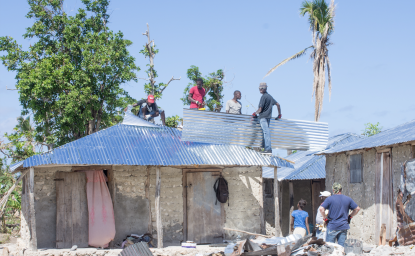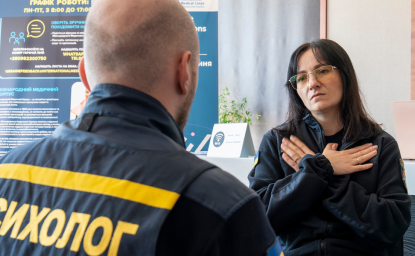Responding to Liability: Evaluating and Reducing Tort Liability for Digital Volunteers


Author: Edward Robson, Esq.
Study Director: Lea Shanley Editors: Lea Shanley and Aaron Lovell. Written on behalf of the Commons Lab, Science and Technology Innovation Program (STIP), Woodrow Wilson Center, with the support of the Alfred P. Sloan Foundation and CrisisCommons.
Major emergencies and crises can overwhelm local resources. In the last several years, self-organized digital volunteers have begun leveraging the power of social media and “crowd-mapping” for collaborative crisis response. Rather than mobilizing a physical response, these digital volunteer groups have responded virtually by creating software applications, monitoring social networks, aggregating data, and creating “crowdsourced” maps to assist both survivors and the formal response community. These virtual responses can subject digital volunteers to tort liability. This report evaluates the precise contours of potential liability for digital volunteers.
- To read Ed Robson's blog post on Indemnification of Digital Volunteers, visit: http://wilsoncommonslab.org/2012/11/07/calling-for-backup-indemnification-for-digital-volunteers/#more-631
- To watch a video with Ed Robson on crisismapping legal and policy issues, such as liability and privacy, visit: http://www.wilsoncenter.org/event/webcast-day-2-connecting-grassroots-to-government-for-disaster-management-policy-roundtable
Author
Contributors

Co-Executive Director of the NSF South Big Data Innovation Hub


Science and Technology Innovation Program
The Science and Technology Innovation Program (STIP) serves as the bridge between technologists, policymakers, industry, and global stakeholders. Read more

Explore More
Browse Insights & Analysis
In the Wake of a Tropical Cyclone: Turning to Violence or Building Peace?

Healing Ukraine's Invisible Scars

Volunteers Open Doors in Sudan Typically Closed to International Aid Groups
